5 ergonomics tips that could save your career
These simple tweaks may prevent the chronic pain that often ends careers prematurely.
Back pain after a long day? Cramping hands? Aching neck?

Every dental professional has been there at one point or another. From poor posture and heavy loupes to stressful sustained grips and uncomfortable seats, there are numerous ways to wear down your body in the dental practice. It may feel like chronic pain is just a part of the job-but it doesn’t have to be.
Trending article: 3 ergonomic mistakes that could end your dental career
These ongoing aches and pains may be the result of poor ergonomic practices. The bottom line: Ergonomics could save your career. There are several simple tweaks that could prevent the chronic pain that often ends careers prematurely.
To help, we compiled a list of the top five ergonomics articles by our ergonomics editor, Dr. Bethany Valachi, PT, MS, CEAS, that we feel all dental professionals should read.
Continue to the next page to see the must-read tips.

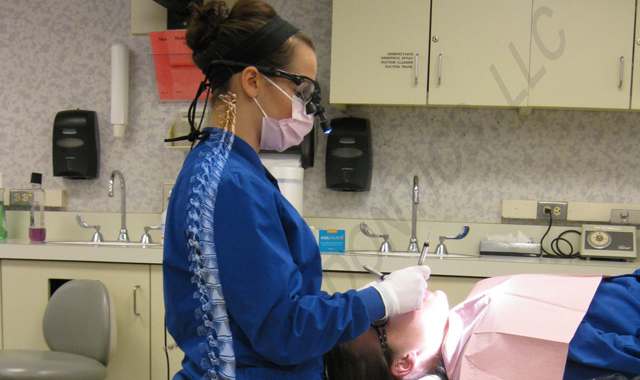
The ergonomic benefits of saddle-style stools
Saddle up! Research has shown that a saddle-style stool could save your health-and your career. Saddle-style stools are becoming increasingly popular in dentistry-and for good reason. The benefits of this positioning are numerous, and research supports the positive impact on the musculoskeletal system. For those unfamiliar with saddle-style stools, they may seem unconventional, if not radical, compared to traditional flat operator stools.


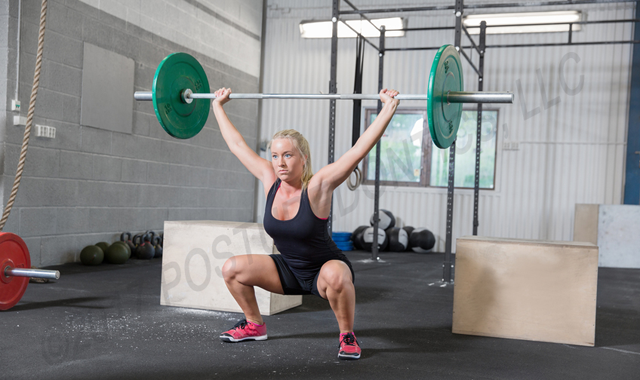
The top exercises that can worsen dental professional’s health
Crossfit, P90X, Pilates, gym machines: exercise regimens are good for you, right? Wrong! Due to dental professionals’ predisposition to unique muscle imbalances, certain exercises and gym machines should not only be modified, but eliminated altogether! Unfortunately, most healthcare professionals do not realize this, and they give dental professionals the same exercises they give everyone else who walks in their door. This can throw dentists into the “vicious pain cycle.”


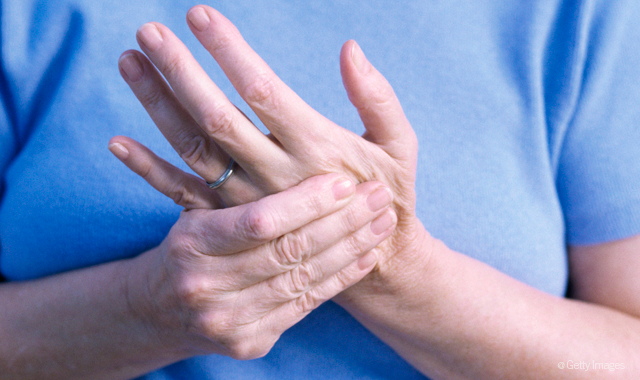
Hand pain in the dental practice: When it's not carpal tunnel
Your hands are integral to your work. Because of sustained grips and prolonged awkward postures dental professionals must employ throughout the day, they experience nearly four times the prevalence of hand, wrist and arm pain found in the general public.


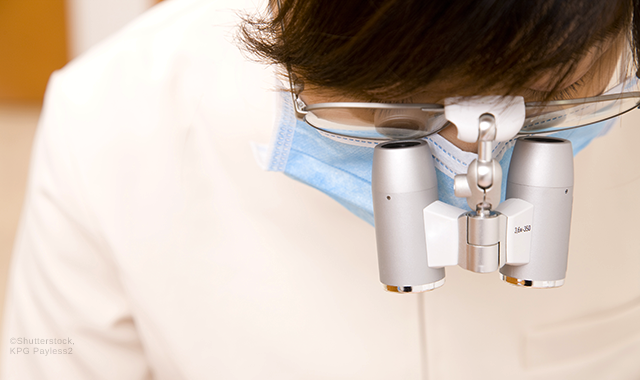
Are dental loupes improving or worsening your neck health?
Selecting the correct loupes can make a big difference for your health. Imagine spending a bunch of money on new loupes, and you suddenly begin to develop neck pain, or, your existing neck pain worsens. This is an all-too-common problem that I frequently encounter in my dental ergonomic consultations. So how do you know if your loupes are improving or worsening your health?


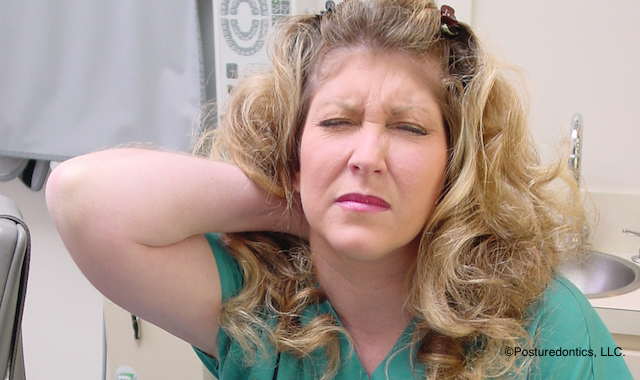
Demystifying pain among women in dentistry
The percentage of women pulling up chairside in the operatory is increasing. And studies show that women in dentistry experience a higher frequency and severity of pain than their male counterparts, with the thumbs, hands, hips, neck, and shoulder being particularly problematic.
When considering interventions for the female dental professional, there are dozens of gender-specific considerations: workplace ergonomics, specific exercise, daily activities, clothing, and much more. Following are a just a few of the most important considerations.

Floss and Flip Flops Episode 13: The Focal Point of Infection
January 10th 2023The Sanders Sisters jump into 2023 with a discussion of the many conditions that display some of their earliest symptoms in the oral environment, and all the ways this can connect to systemic issues that can become serious health challenges for patients.
Floss & Flip Flops Episode 12: The 12 Medical Conditions of Concern…and a Partridge in a Pear Tree
December 2nd 2022Join the Sanders Sisters as they welcome the holidays and the last episode of their first season of Floss & FlipFlops! In this episode, the sisters discuss the 12 medical conditions on Santa’s list that can indicate a bigger systemic complication, and how you can integrate your knowledge of these conditions in helping your patients achieve lifelong health!